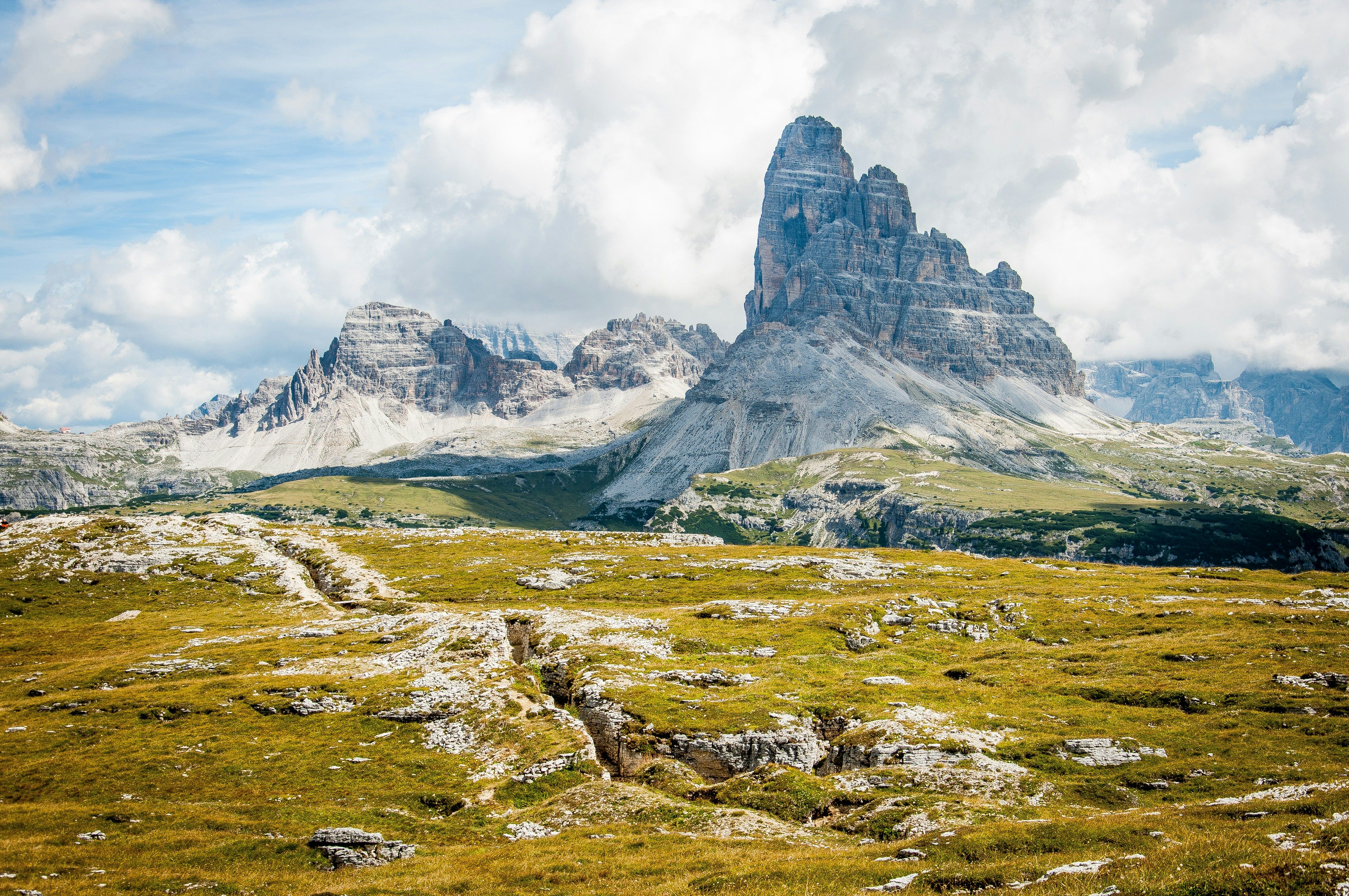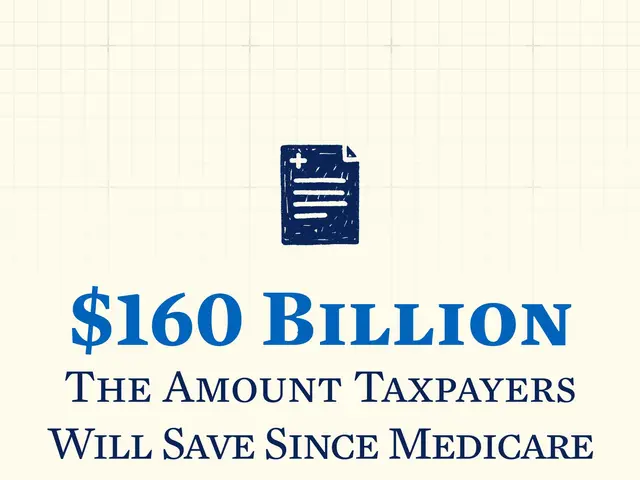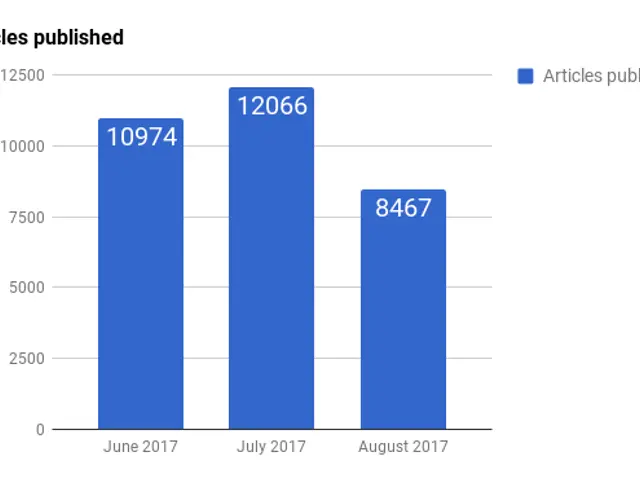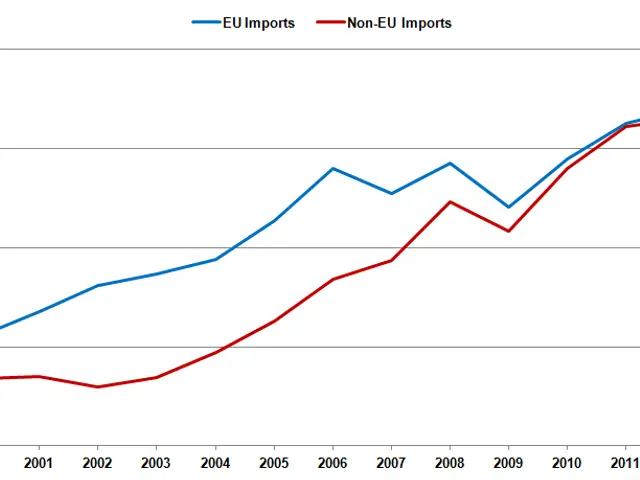Discussing Venezuela's Forthcoming Presidential Vote with Roy Daza
Venezuela is steeping towards its presidential elections on July 28, 2024. The political landscape in the country is turbulent, with the Bolivarian Process hanging in the balance and 12 challengers vying against incumbent President Nicolás Maduro. In this frank chat, Roy Daza, Vice President of the National Assembly's Foreign Relations Commission, dissects the political and social context surrounding the polls, addressing attempted coups, diplomatic sieges, and ongoing efforts to destabilize the nation. Let's delve into the chaos.
What's the deal with Venezuela's political landscape as we approach the July 28 presidential elections?
To understand Venezuela's predicament, you must acknowledge the havoc wreaked by unilateral coercive measures. These punishing economic sanctions, led by the United States, have crippled our economy and oil production, pushing us into financial ruin with deep social and political ramifications. We've responded by holding parliamentary and regional elections, convening a Constituent Assembly, and engaging in dialogue with moderate opposition groups.
There have been notable episodes: the failure of Donald Trump's 2019 coup plan to oust our government, violent street protests dubbed "guarimbas," COVID-19 pandemic management, and the December 2020 elections where revolutionary forces reclaimed control of the National Assembly. The government's strategic moves have brought about a fragile economic recovery, despite the daunting challenges posed by the sanctions regime.
However, US imperialism is scheming to restore its destabilization strategy, partnering with extremist factions of the Venezuelan opposition. Their aim is to plunge us once more into turmoil and uncertainty. We face a complicated situation, but the majority in Venezuela yearns for peace and stability.
The government's recent initiatives include a nationwide consultative process set for April 21, 2024, and, of course, the July 28 presidential elections—a fierce power battle in the making.
Why was María Corina Machado disqualified from participating in the July 28 presidential elections?
María Corina Machado was nixed from the electoral race back in 2015, primarily due to her violation of her duties as a member of the National Assembly. At an OAS conference, she advocated for sanctions against Venezuela and pursued military intervention using the Inter-American Treaty of Reciprocal Assistance (TIAR). In February 2019 and May 2020, her calls for regional interventions coincided with visible armed incursion attempts.
Despite being disqualified, Ms. Machado ran in a far-right primary in October 2023—an event not supervised by the National Electoral Council (CNE). While Ms. Machado's party could have collected signatures to renew its CNE registration, it opted not to. Consequently, her bid for presidency remains barred, sparking a buzz in media and foreign governments.
What's your take on the concerns raised by Gustavo Petro and Luiz Inácio "Lula" da Silva regarding Venezuela's electoral process?
Everyone is entitled to their opinions about a nation's democratic processes, but they should educate themselves before voicing such views. Instead of seeking insights from Venezuelan opposition leaders such as Edmundo González or Manuel Rosales, Lula and Petro took a misinformed stance on our electoral system.
Multiple opposition parties have endorsed Rosales as their candidate, thus backing the legitimacy of our electoral process. So, it's questionable what relevance the National Electoral Council (CNE), PSUV, or Maduro's government have in the opposition's internal dynamics.
What's next for the three months leading up to the July 28 elections?
The road ahead will undoubtedly be fraught with tension. Marking seven magnicide conspiracies in less than two years, security measures are stringent, but the extreme right and their imperialist backers are stirring the pot to create instability. We dream of a peaceful campaign where all candidates can present their proposals without meddling from foreign powers. Such is our aspirational democratic vision, based on the principle of majority rule.
However, we must brace ourselves for challenges imposed by the long-lasting effects of sanctions, the possible reimposition of all temporarily lifted coercive measures, and the likelihood of right-wing conspiracies against the president's life. Moreover, the ICJ's forthcoming verdict on the Essequibo dispute, Machado's ongoing fabrications of fraud allegations against Maduro, and the spread of misinformation about candidate substitutions will further complicate matters.
Finally, the far-right forces led by Ms. Machado are bucking electoral legislation and the authority of the National Assembly. Their platform prevented the CNE from providing technical assistance for their primary elections, thereby invalidating their attempts to undermine Venezuela's democratic institutions.
Can Acción Democrática replace its current candidate, Luis Eduardo Martínez, with Manuel Rosales, registered with the CNE, before the July 28 elections?
As per Venezuelan law, the election process has closed, and no new candidates can be added to the ballot beyond those who registered on time. Contrary to misinformation campaigns, no legal provision permits the addition of new candidates at this stage. The far-right forces, led by Ms. Machado and her allies, have blatantly disregarded our electoral legislation and the authority of the National Assembly.
- The ongoing turbulent political landscape in Venezuela, leading up to the presidential elections on July 28, 2024, is largely influenced by the economic impact of unilateral coercive measures, war-and-conflicts, and policy-and-legislation.
- There are ongoing concerns and criticisms about Venezuela's electoral process from politicians like Gustavo Petro and Luiz Inácio "Lula" da Silva, but their understandings are based on misinformation and lack an informed perspective on the Venezuelan domestic political dynamics.
- As the July 28 presidential elections approach, there is a high probability of increased car-accidents, fires, and crimes-and-justice as extremist factions may cause instability in an attempt to disrupt the democratic process.
- In relation to the presidential elections, the question of Acción Demócrata replacing its current candidate, Luis Eduardo Martínez, with Manuel Rosales, registered with the CNE, before July 28 is no longer possible as the election process has already closed, and no new candidates can be added to the ballot at this stage.









